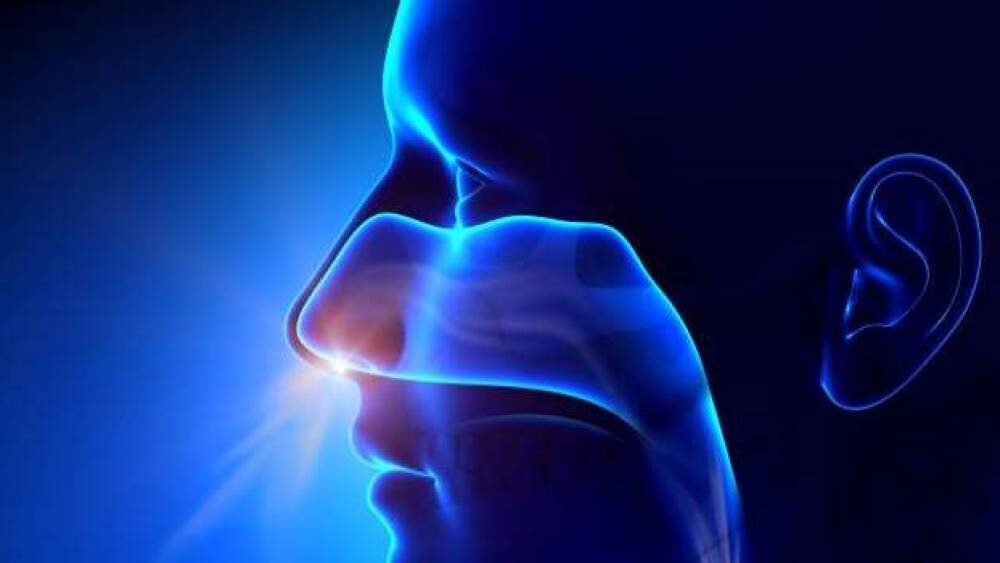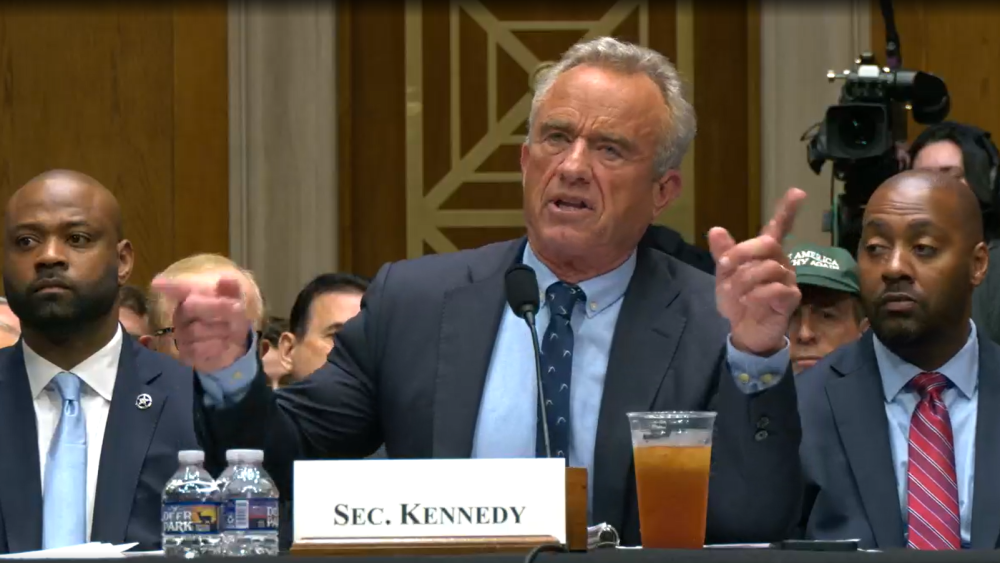The COVID-19 pandemic has seen a full-blown effort from biopharma and researchers to develop new drugs and test old ones against the disease, with highly mixed results.
The COVID-19 pandemic has seen a full-blown effort from biopharma and researchers to develop new drugs and test old ones against the disease, with highly mixed results. Today presents both good news and bad on this front. Here’s a look.
Pfizer Halts Study of IV Cousin of Paxlovid
As Pfizer’s tablet antivirals, Paxlovid, against COVID-19 roll out, the company indicated it had halted the development of the intravenous variation of the drug, PF-07304814. It was evaluated in the National Institutes of Health’s ACTIV-3 study. ACTIV-3 was created to assess various drugs in hospitalized COVID-19 patients. Numerous companies, including Eli Lilly, GlaxoSmithKline, Novartis and Brii Biosciences, have offered up products for the study, all of which have failed to date, as did Pfizer’s IV antiviral products. PF-07304814 is a main protease inhibitor of SARS-CoV-2, the same mechanism of action of one of the two drugs in Paxlovid. Pfizer has halted dosing of the IV antiviral, and Pfizer has halted global clinical development, saying they made the decision “based on a totality of information, including a careful review of early data and a thorough assessment of the candidate’s potential to successfully fulfill patient needs.”
SaNOtize R&D Corp’s Nitric Oxide Nasal Spray 99% Effective Against COVID-19
SaNOtize Research & Development Corp., based in Vancouver, British Columbia, and Mumbai, India-based Glenmark Pharmaceuticals announced results from a Phase III trial of SaNOtize’s Nitric Oxide Nasal Spray (NONS). The study hit the primary endpoint, showing a reduction in SARS-CoV-2 log viral load by more than 94% within 24 hours of treatment and by more than 99% in 48 hours. It was found to be safe and effective and shortened the course of the disease and potentially prevents transmission of the virus.
They also announced the therapy had been approved by India’s regulatory body for adults with COVID-19 who have a risk of disease progression. It is designed to kill SARS-CoV-2 in the upper airways, preventing its incubation and spread to the lungs. Nitric oxide is naturally produced by the body and has proven anti-microbial properties. Glenmark will handle commercial activities in India under the brand name FabiSpray.
“These results definitively substantiate the safety and efficacy of NONS in the fight against COVID-19,” said Dr. Gilly Regev, co-founder and chief executive officer of SaNOtize. “We are thrilled to be able to provide COVID patients with an affordable product that has been shown to deliver a faster cure. And with the proven safety profile of NONS, we look forward to this becoming the first line of treatment and potentially defense for COVID infection worldwide.”
Babies Whose Moms Were Vaccinated Have Antibodies at 6 Months
A study from the Massachusetts General Hospital and published in JAMA found that pregnant mothers vaccinated against COVID-19 during their pregnancy bestowed lasting antibodies on their babies up to six months after birth. The study was relatively small, evaluating 77 vaccinated pregnant mothers and 12 who had symptomatic COVID-19 during pregnancy. The babies of the vaccinated women had much higher immunoglobulin G (IgG) antibodies in both umbilical cord blood when born and in blood draws at two and six months after delivery.
The authors concluded, “Although the antibody titer known to be protective against COVID-19 in infants is unknown, these findings provide further incentive for pregnant individuals to pursue COVID-19 vaccination.”
4-Minute COVID Test
Researchers at Fudan University in Shanghai, China, announced they had developed a new rapid COVID-19 test as accurate as a polymerase chain reaction, but that provides results within four minutes. The research was published in the journal Nature Biomedical Engineering. The test uses a microelectronic sensor to analyze genetic material from swabs. They analyzed the data in 33 people in Shanghai who had COVID-19 and 54 samples from uninfected people. Further, some of the negative control groups were healthy, but some had fevers, while others had tested positive for influenza. PCR tests were run in parallel on everybody in the study. They said the data match was “perfect,” with all 33 cases accurately detected, and none of the 54 had false positives.
Anti-Alcoholism Drug Appears to Protect Against COVID-19 Lung Injury
A drug used to prevent the use of alcohol, disulfiram (Antabuse), appears to prevent lung injury from COVID-19. Researchers at Weill Cornell Medicine, performing preclinical research in rodents, found that the drug protected the animals from immune-mediated lung injury. In addition to COVID-19 lung injury, it also seemed to mediate injury from a lung failure syndrome known as TRALI, which occurs after a blood transfusion on rare occasions.
Both forms of lung injury are partially driven by immune cells’ formation of web-like structures called neutrophil extracellular traps (NETs). These trap and kill infectious organisms but can damage lung tissue and blood vessels, resulting in edema and blood clots. Disulfiram blocks a step in NETs formation.





